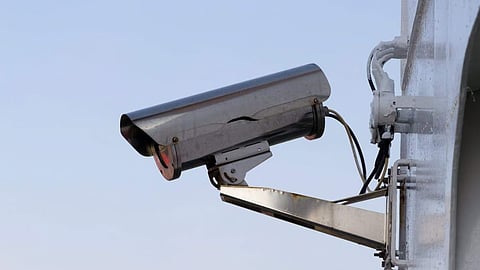

NEW DELHI: Aiming to bolster women’s safety and public security in the national capital, Chief Minister Rekha Gupta, presenting the Delhi Budget 2025, outlined significant measures to enhance surveillance, financial aid, and housing for women.
Among key announcements was the decision to install 50,000 additional CCTV cameras, adding to the existing network of over 2.8 lakh cameras across the city. This aims to strengthen real-time monitoring, deter criminal activities, and assist law enforcement in ensuring safety of women and vulnerable groups.
Further, the budget includes provisions to expand accommodation facilities for working women. Two new ‘Sakhi Niwas’ hostels will be launched, adding to the existing 14 working women’s hostels that currently house 1,935 residents. These hostels serve as safe spaces for women seeking economic independence while ensuring a secure living environment.
In another major step towards public safety, the Delhi government has announced a massive expansion in the Home Guard force. The current strength of 10,285 Home Guard volunteers will be increased to 25,000, with an additional 15,000 personnel deployed to strengthen security.
These volunteers will work in coordination with Delhi Police, Delhi Transport Corporation, and other government departments, ensuring greater vigilance in public spaces, transport systems, and high-risk areas. “This budget is dedicated to making Delhi a safer and more inclusive city. With enhanced surveillance, financial aid and housing support, we aim to empower women and create an environment where safety is never a concern,” Gupta emphasised.
Recognising financial hardships faced by women in distress and differently-abled persons (divyangjan), the government also increased their monthly financial assistance from Rs 2,500 to Rs 3,000. This move is expected to provide much-needed relief to thousands who rely on government assistance for their sustenance.
Commenting on the development, advocate Dr Misha Kumar said, “Delhi Budget 2025, featuring initiatives like the Mahila Samriddhi Yojana, Mukhyamantri Matru Vandana Yojana, and Pink PCR units, signals a policy significant shift towards women’s welfare and empowerment. By allocating resources to schemes such as digital travel cards, CCTV surveillance, Anganwadis, and skill development programmes, the budget comprehensively addresses women’s safety, economic independence, and socio-economic upliftment.